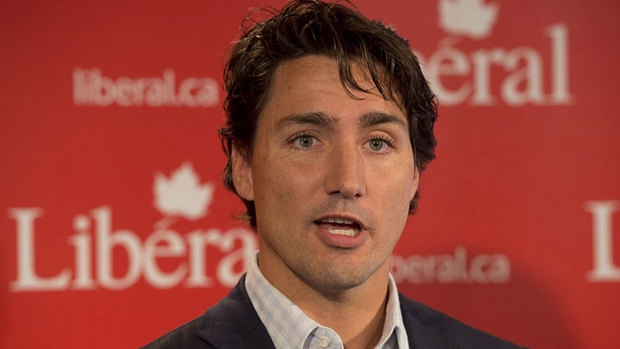Justin Trudeau made a bold – and, I think, smart move last week when he cut loose the 32 Liberals in the Senate. He did not cast them into outer darkness, as Stephen Harper did with his defrocked Conservative senators, Mike Duffy, Pamela Wallin and Patrick Brazeau.
The 32 former Liberal remain members in good standing of the Senate. They will continue to draw a salary and be able to claim expenses when on Senate business. They will still be able to call themselves Liberals if they wish (and if they pay the party membership fee).
But they will no longer be members of the Liberal caucus on Parliament Hill. They will no longer speak for the party or be involved in its parliamentary strategy. They will no longer be expected to vote the way the leader dictates.
Unlike their 57 Conservative senate-mates, the Trudeau 32 will be free. Free of the party whip. Free to speak as they wish. Free to put partisanship aside. Free to consider legislation on its merits and to improve it as required. Free to follow the dictates of their conscience and the wishes of their constituents.
And isn’t that what the Senate is supposed to be all about – an upper chamber of sober second thought, where lower-house errors and oversights can be corrected, where the regional interests of the country can be heard in the capital, unfiltered by petty partisanship?
None of this is going to happen overnight. There is absolutely no indication that the prime minister has the slightest interest in unshackling his 57 Tory senators. The thought of a small army of independent senators loose on Parliament Hill makes the blood run cold in the Prime Minister’s Office.
Trudeau’s initiative, however, does two things. It raises Senate reform an important notch or two on the public agenda. And it holds the prime minister’s feet to the fire.
Harper began promising Senate reform even before he became prime minister. In eight years as PM, he has delivered diddly-squat. There is always an excuse. The constitution is an impediment. The Supreme Court won’t allow it. The provinces won’t agree.
The latest excuse is the need to wait for the Supreme Court to rule on last year’s reference in which the Harper government asked for advice as to what degree(s) of provincial support would be required, constitutionally, to make various hypothetical changes to the Senate.
The court reference is a stalling static. Deep down, the Conservatives want to keep the Senate just the way it is – as a cesspool of party patronage. If they really wanted answers, they wouldn’t have to ask the court; the government employs, or has on call, legions of constitutional experts who could provide answers overnight.
They know from experience with the failed Meech Lake and Charlottetown accords in the Mulroney era that the serious obstacles to reform are more political than constitutional. Ottawa will never be able to effect important changes to the Senate – to its membership, or its powers, or to establish direct elections of senators – unless it can persuade most or all of the provinces to come on side. That would not be easy. It might be impossible, even for a federal government with the best intentions in the world.
In the meantime, there are changes that can be made without provincial blessing. Justin Trudeau’s initiative is a beginning. The second step, as he proposed last week, would be to take the selection of senators out of the hands of the prime minister and turn it over to a non-political body, in much the way members of the Order of Canada are selected – the idea being to choose senators who are distinguished Canadians rather than party loyalists.
That may also take some time. In the near term, Trudeau can present himself as an agent for change, the leader who would take patronage and partisanship out of the Senate, while Harper comes across as an apologist for a shabby status quo.
Cambridge resident Geoffrey Stevens, an author and former Ottawa columnist and managing editor of the Globe and Mail, teaches political science at Wilfrid Laurier University and the University of Guelph. His column appears in the Waterloo Region Record and Guelph Mercury. He welcomes comments at geoffstevens@sympatico.ca



